Zimbabwe 10's 303 background currency, fake!
Author:Earth Knowledge Bureau Time:2022.08.08

Recently, some media exposure, Zimbabwe issued 303 currencies with a face value of 10, if it is true, this should be the largest currency issued by human history (the "Tiandi Bank" is not counted).
But after the relevant media verification, this is actually an oolong incident. But Zimbabwe faces extremely severe inflation is an indisputable fact. At present, the largest noodle banknotes issued by Zimbabwe are 1 million trillion.
The number of children in Zimbabwe should be good
The most exaggerated inflation was 1 million dollars only equivalent to 2.5 yuan
(Figure: wiki)

50 billion Jinyuan can only buy a bottle of cola
(Figure: shutterstock) ▼
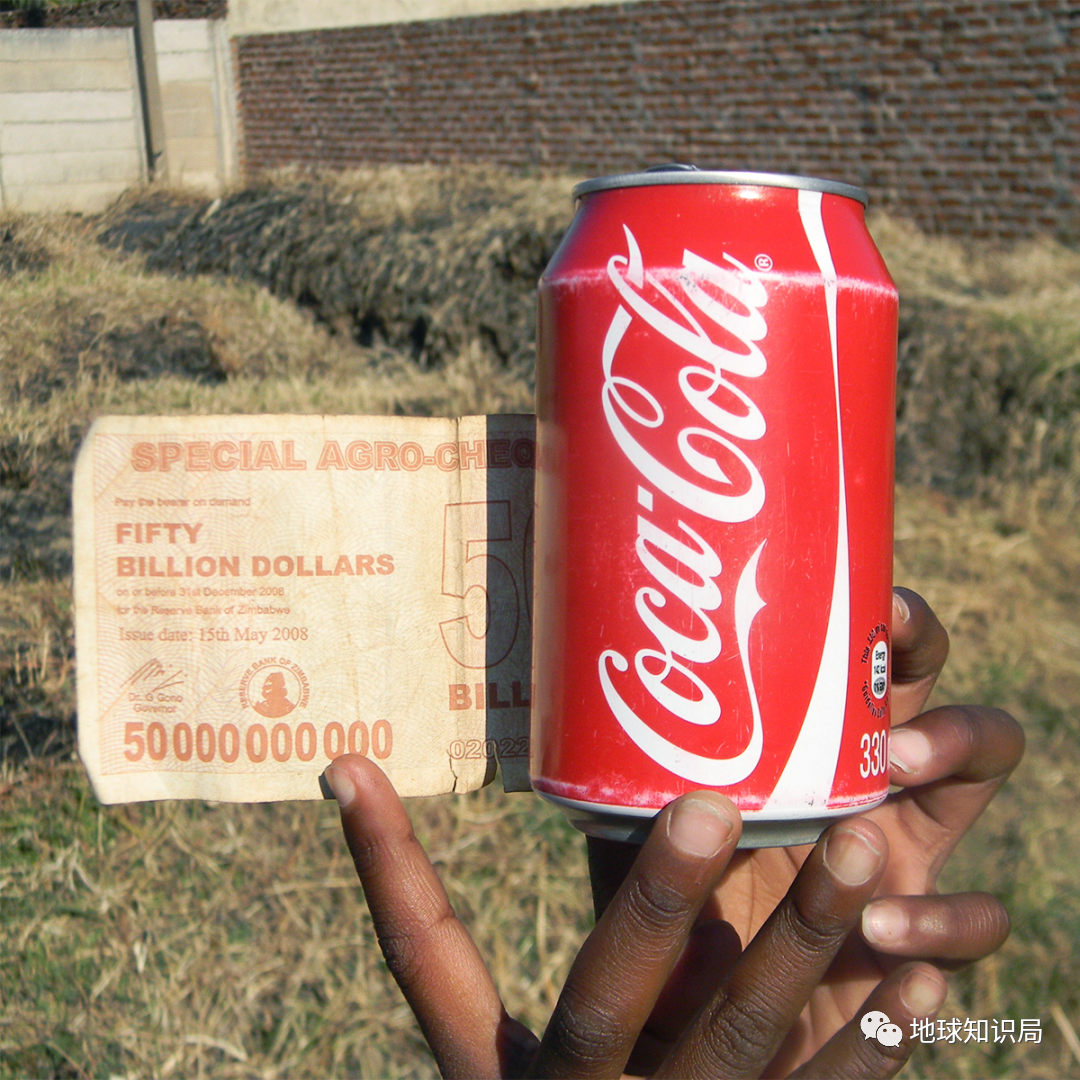
There are many "characteristic" countries in Africa, such as Somalia of the warlord melee, Maria, which are commonplace in the coup.
The fall of "African Pearl"
Zimbabwe is a rich country. It has a large number of fertile cultivated land in its territory and is also rich in important resources such as gold and diamonds. At the beginning of the independence, Zimbabwe has the highest literacy rate in Africa. It is called "African Pearl" because of prosperity.
It's such a country, why go to this field today?
Zimbabwe where ▼
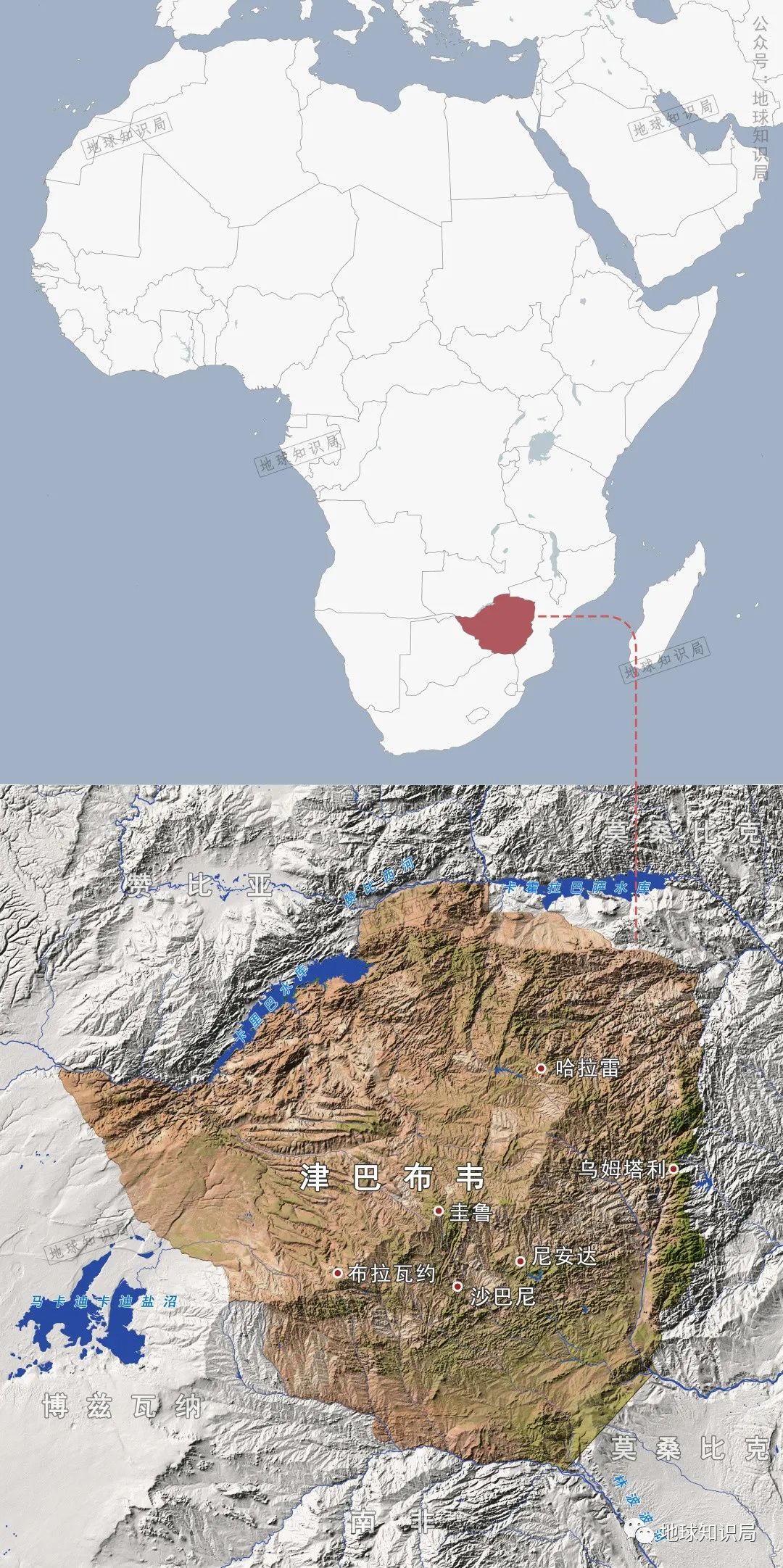
Tolstoy said, "Happy families are similar, but unfortunate families have their own misfortunes." The "unfortunate" of African countries has amazing similarity. The cause of the economic collapse of Zimbabwe can be traced back to: the harm of colonial rule, the policy errors of those in power after independence, and the impact of the domestic contradictions and the impact of the international environment:
Economic collapse has caused national education to be unsustainable
The development prospects of the country are unknown, where will the future of these children be?
(Figure: Flickr) ▼

The area where Zimbabwe is located in history is the rule of some ancient black kingdoms. These black kingdoms have founded a brilliant civilization. The name of Zimbabwe is derived from the "Dazibwe" site. The site is located in Maswingo, southeastern Zimbabwe. To this day, I still vaguely see the magnificent and magnificent of the year.
"Great Zimbabwe" site
(Figure: wiki)
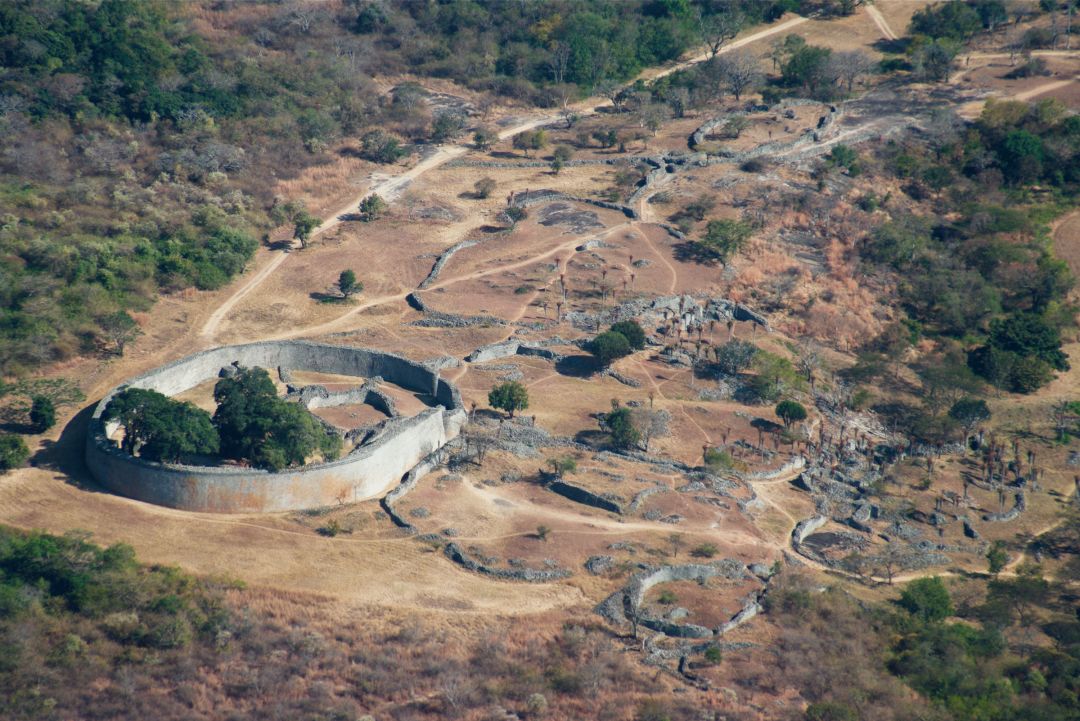
"Great Zimbabwe" Site of the Site of the Site
(Figure: wiki)
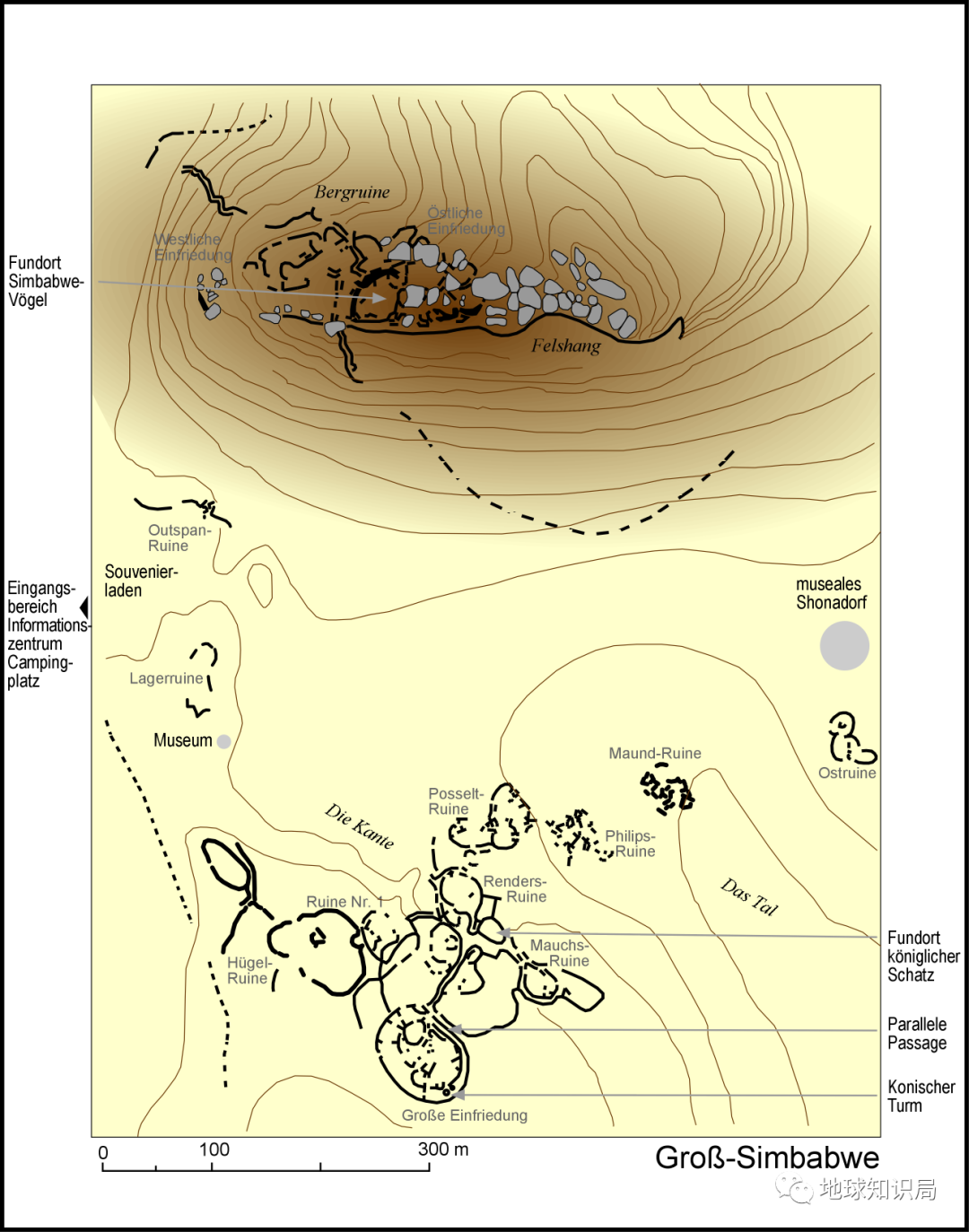
After the European colonial era began, the local Shaon Empire struggled with European colonists for several centuries. At the end of the 19th century, British colonists entered the Black Kingdom and surrounding areas of the Zimbabwe region with South Africa as a springboard, and gradually completed colonial control. After 1895, Britain established the "Rhodasia" colonies, including Zimbabwe (South Rodsia) and Zambia (North Rodsia) and other places.
The distribution of "Rodsia" colonies ▼

The colonists have adopted economic policies that are unequal to locals. White colonists plunder the land of local African blacks through their dominance. In 1930, Nanda RENICA issued the "Land Distribution Law" to limit the ownership of the black land in some areas of the country, and left a large number of white people for a few white people. White people have since controlled a large amount of fertile land, while the blacks have become a lost land farmer and forced to work for the white farm owner and become a de facto serf.
In addition
Most of the remaining 45%of the land allows white people to buy
Land distribution (Figure: wiki) ▼
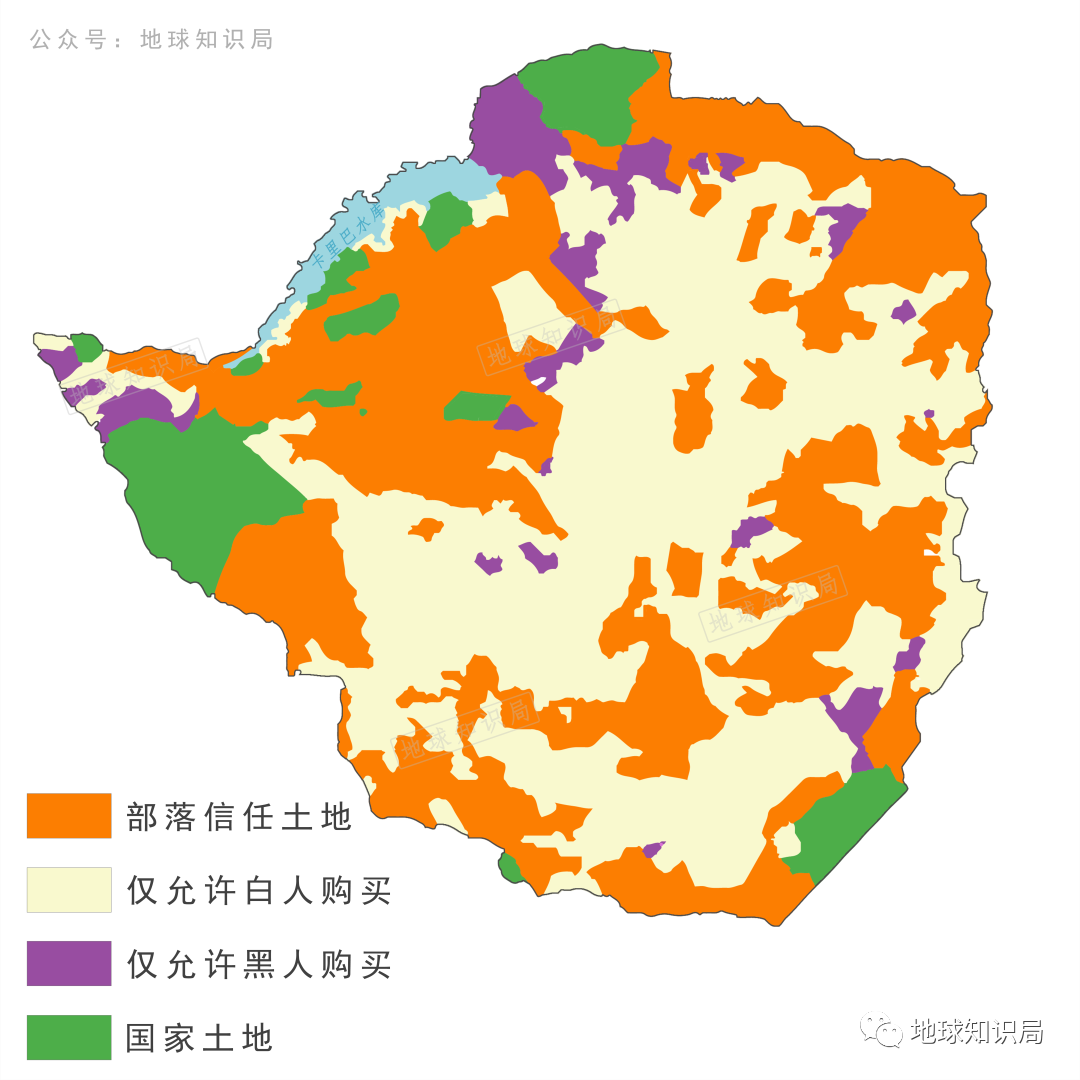
In the 1960s, in the wave of Independence in Africa, Zimbabweita led the "independence" movement of Zimbabwe. In November 1965, the Nando Prime Minister Ian Smith unilaterally announced that the country was separated from Britain's jurisdiction. This group of independent Africa soon fell into a civil war or military dictatorship, and Zimbabwe was no exception.
It is an independent leader born in the native
It is also a whitening primitive respected person
In 1964, Smith (left) and Prime Minister British negotiated independently
(Figure: One picture network) ▼
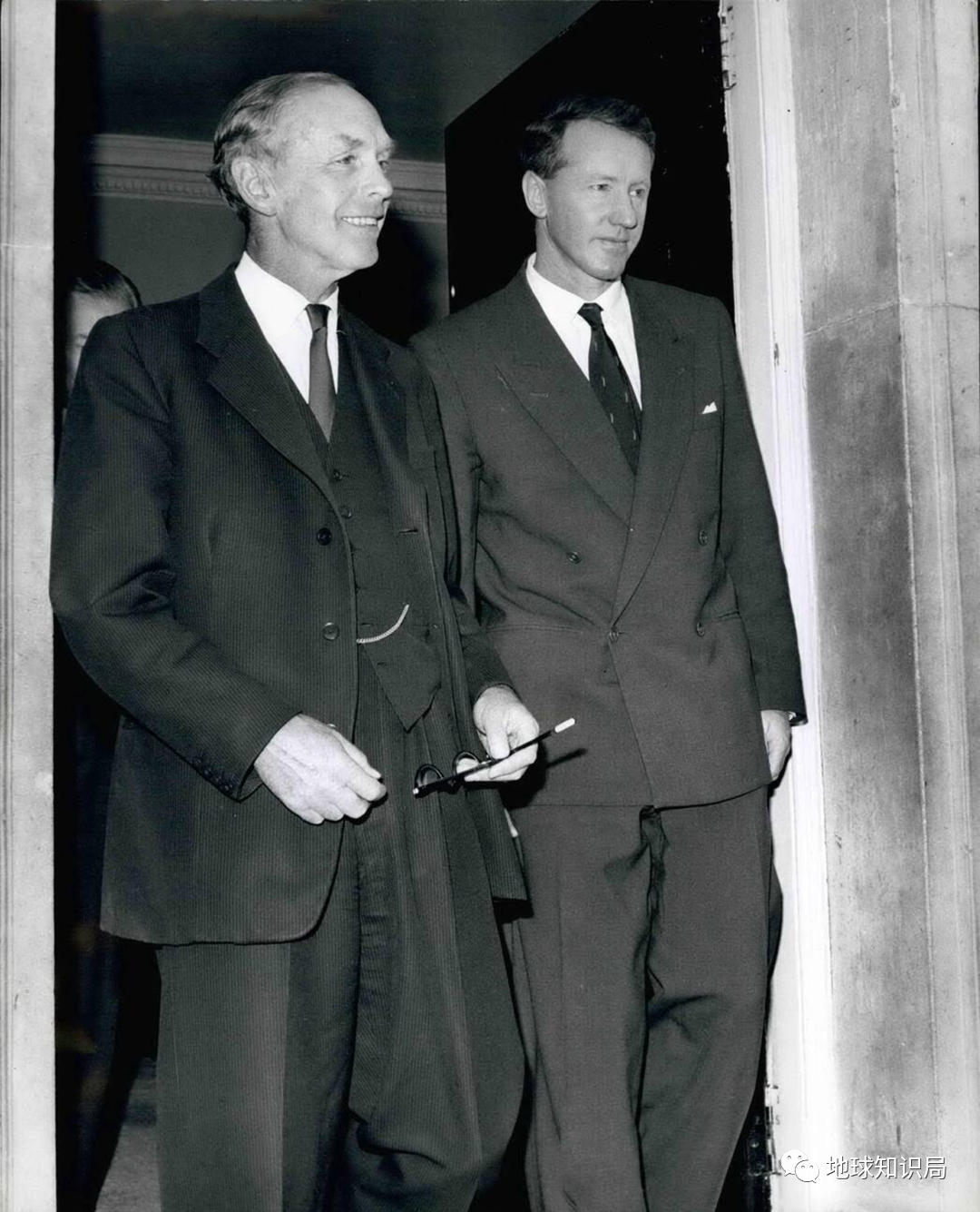
But unlike the civil war of other African countries, mainly between different black ethnic groups, Zimbabwe's civil war began between black and white. Blacks in Zimbabwe formed two arms of the "Zimbabwe African National Alliance" (Zanu) and "Zimbabwe African National Alliance" (ZAPU) to fight with white rulers, which were eventually forced to make the white rulers.
The total population of Zimbabwe was 6.9 million when the total population was 6.9 million
About 300,000 of them (about 5.5%at the time) were white ruling classes
Zanu rally before Zimbabwe before the independence of Zimbabwe
(Figure: One picture network) ▼

In 1980, Zimbabwe established a national unity government to recommend the bishop of the Health Agreement Mozerova as the president. Generally, 1980 was regarded as the real independent time of Zimbabwe. However, the real power was in the hands of Prime Minister Mugabe, and since then, Mugabe's rule of the country's 37 years has been opened.
The "honeymoon period" after independence
Mugabe, who was born as a black independent movement, had both the blessing of black nationalism and the "political correctness" against racism.
Mugabe and Mandela, 6 years older than him, graduated from Ford Haier University in South Africa
The two are known as the "Gemini Star" of the African National Liberation Movement
Mugabe in 1979 (Figure: wiki) ▼
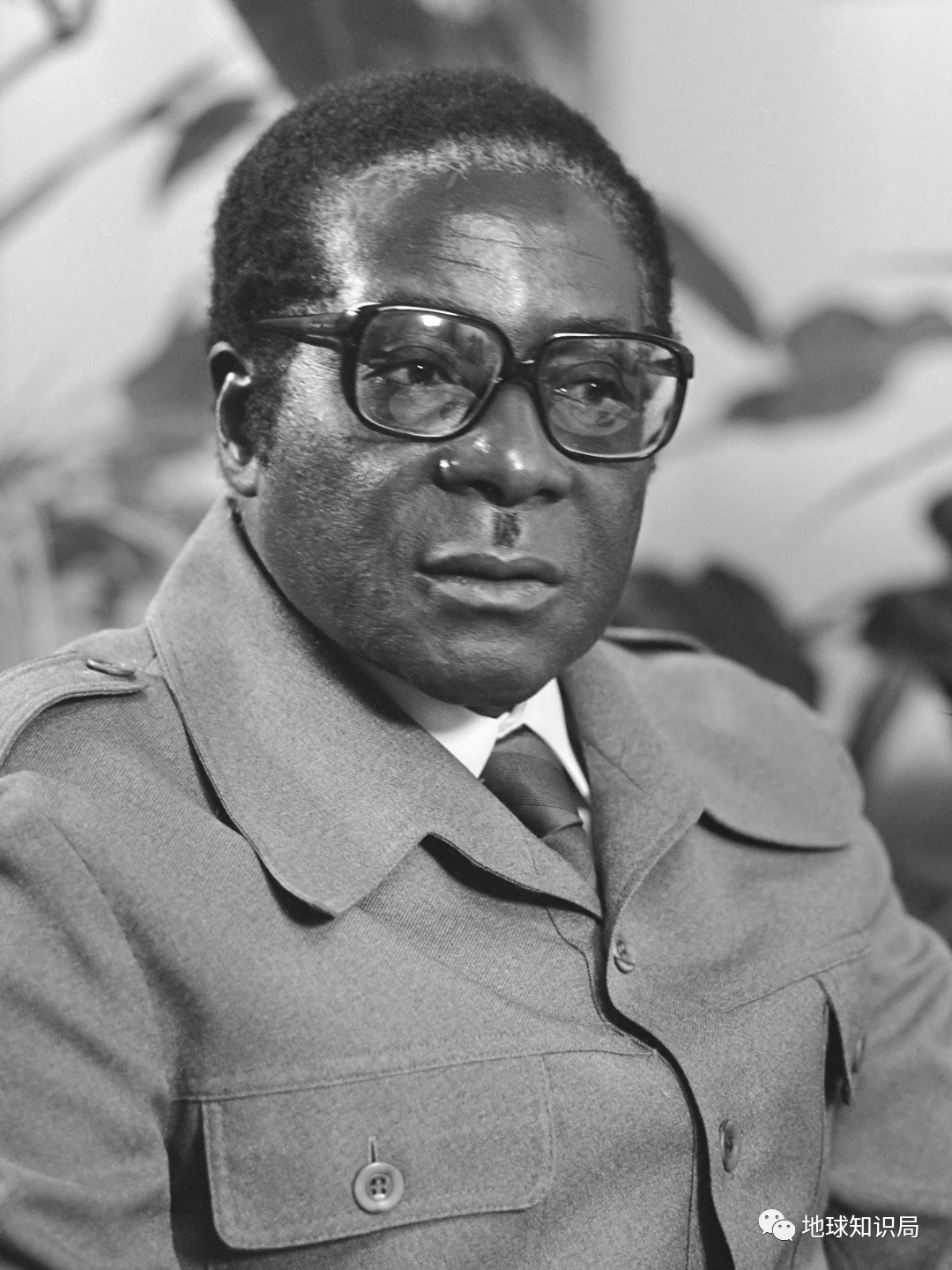
The land issue is the core issue of Zimbabwe. When Zimbabwe was independent, Britain reached an agreement with Zimbabwe, and Britain gave Zimbabwe aid. Zimbabwe did not forcibly allocate white land for ten years. However, the British accused Zimbabwe's corrupt officials invading British aid, while Zimbabwe accused the British population of being benefited.
At the same time, the black soldiers who overthrew the white regime with Mugabe demanded solving the problem of unfair land distribution. At this time, about 0.6%of the ethnic minorities Zimbabwe Whites have 70%of the country's most fertile farmland. Some blacks began to force the land of white people; while white land owners also planned for armed forces to resist black's occupation operations, and the contradictions between the two sides intensified.
White farmer owner and farm invader confront
(Figure: One picture network) ▼
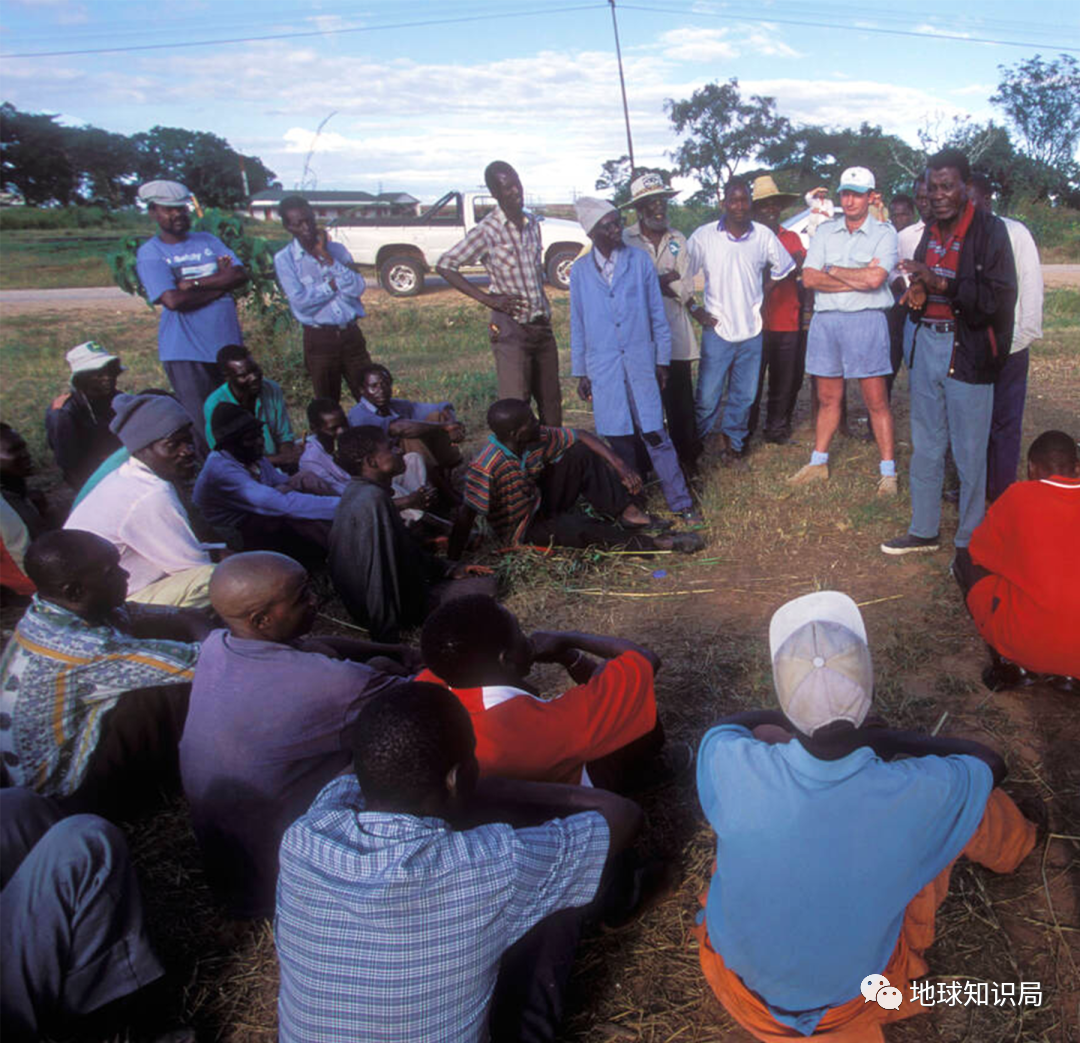
The Mugabe government first defaults to the robbery of the black man, and later began to participate in the mandatory land allocation. In 1997, Mugabe announced that the plan had confiscated about 1,500 farms, which led to worsening in British relations.
From 2000 to 2002, the Zimbabwe government led by Mugabe implemented a radical "fast land reform plan" and levied white land for black farmers who had no land or less land. Mugabe also said that Britain should compensate Zimbabwe, because it was the Rothsia colonists who first stole the land from the black man.
The Mugabe government began to advocate colonial hatred
Encourage black people without land to seize white farms
(The widow on the right is the widow of the killed white farmers: one picture network) ▼

This allowed a large number of white people to escape from the country, and black people who suddenly obtained the land lacked the experience and necessary production materials of operating farms, which led to the severe damage and reduced production of Zimbabwe's agriculture and reducing production for many years. I have to spend a lot of foreign exchange buying food.
The fertile farmland left by white people is now full of weeds
(Figure: Flickr) ▼
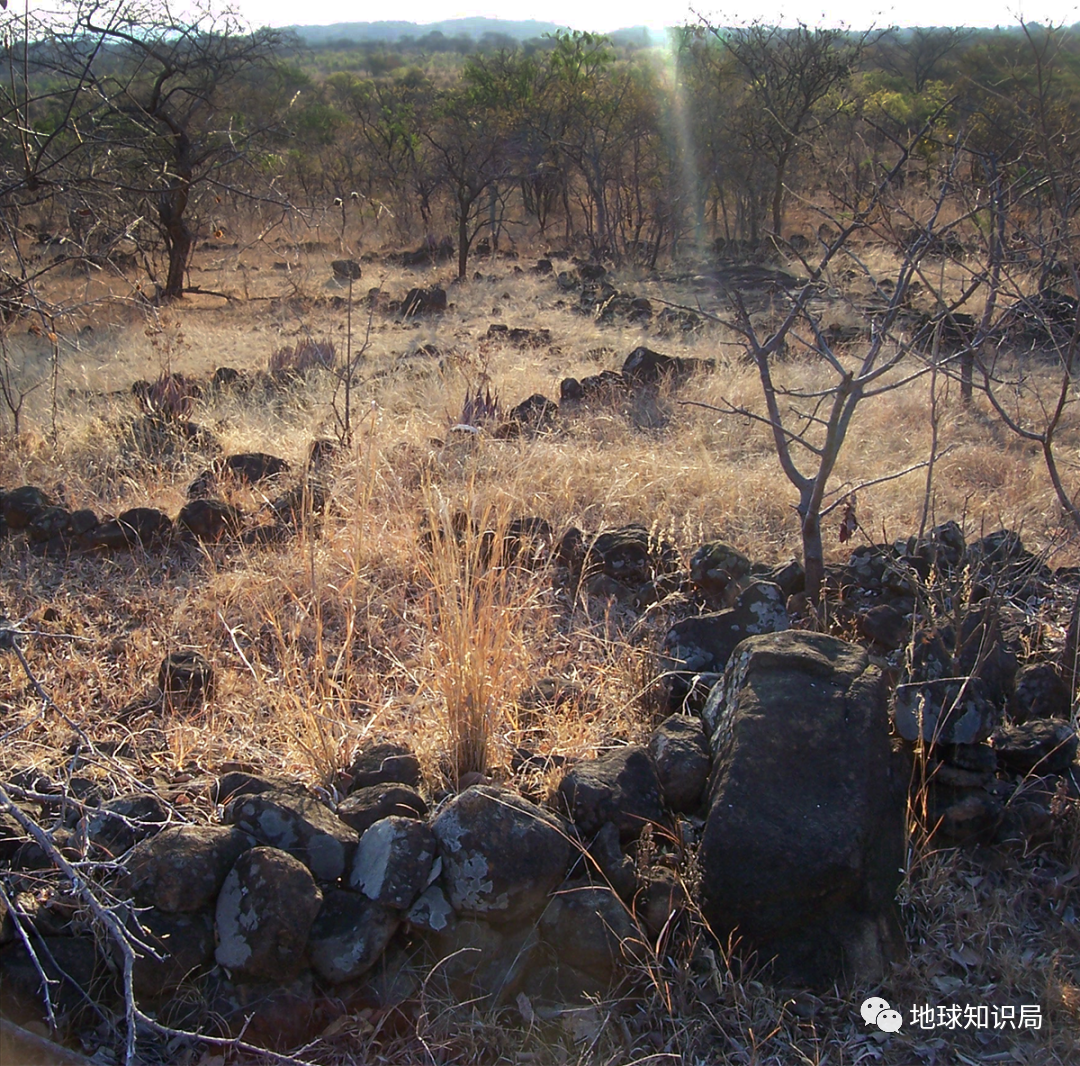
If the turmoil caused by the mandatory confiscation of white land is temporarily controllable, the sanctions of Western countries worsen the condition of Zimbabwe.
Zimbabwe's actions that confiscated white land completely angered Western countries such as Britain.
Before 2000, Britain was the main trading partner and investor of Zimbabwe. However, the Jin government forced the actions of white land to worsen the British relations sharply. Britain began to stop the "assistance" of Zimbabwe and a loan on Zimbabwe. In 2002, Britain began to ban the entry of senior officials, frozen overseas property, and arms sale on the grounds of the fraudulent fraud in the Zimbabwe election.
There was no land before, sad, now with land, even more sad
(Figure: Flickr) ▼
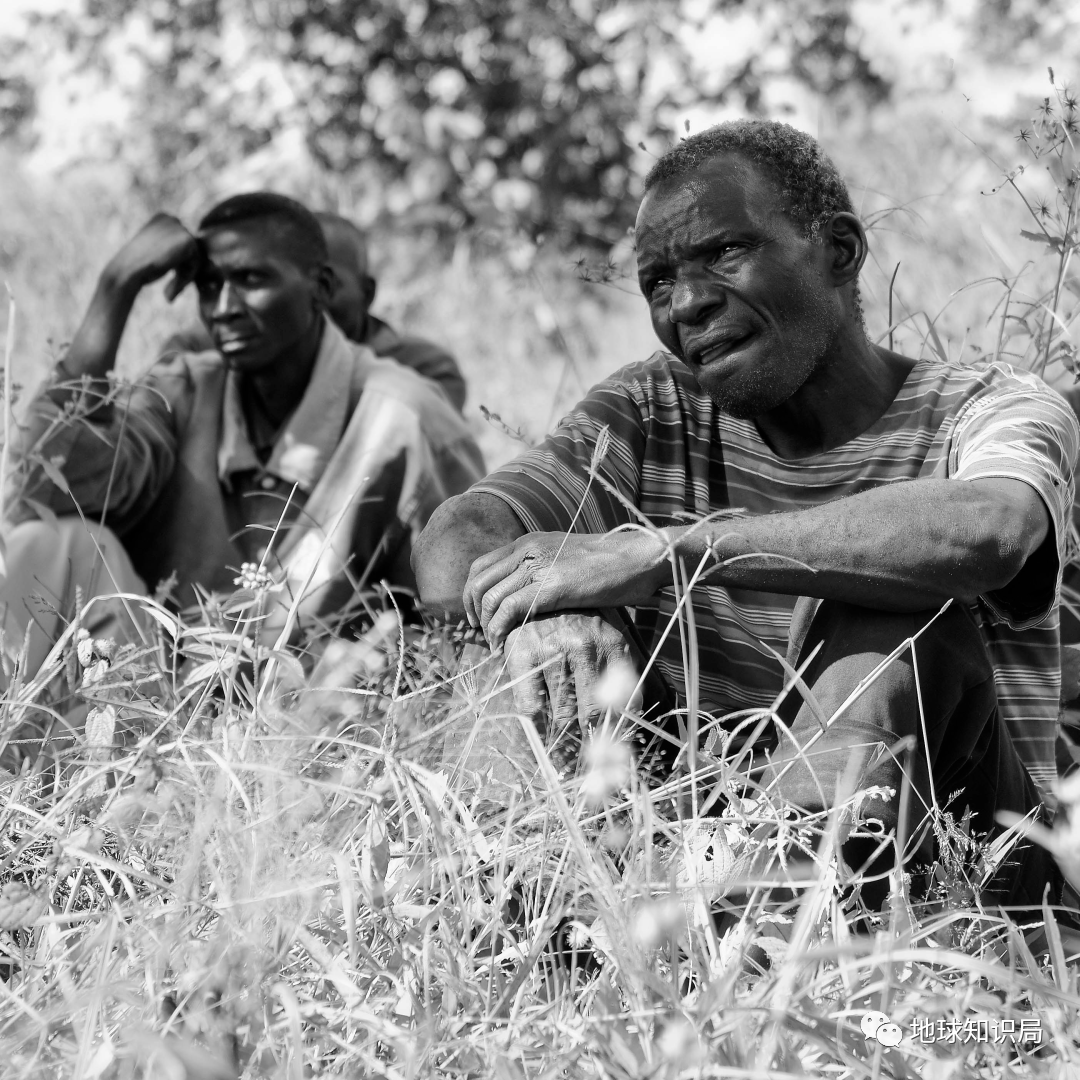
In 2002, the Commonwealth "suspended" the qualifications of Zimbabwe's member states; as a response, Zimbabwe announced the "withdrawal" Commonwealth in 2003.
In addition, the United States has increased sanctions on Zimbabwe. In 2001, the United States promulgated the Zimbabwe Democracy and Economic Revolution Act, announcing the frozen credit of the Zimbabwe government. The Bush administration also called Zimbabwe a "tyranny outpost."
The International Monetary Fund under Western control also frozen a loan to Zimbabwe simultaneously, and the channels for Zimbabwe to obtain foreign exchange have been terminated.
The US sanctions lasted for more than 20 years, and it has not stopped
On the United States Independence Day, Zimbabwe people protest in front of the US Embassy
(Figure: shutterstock) ▼
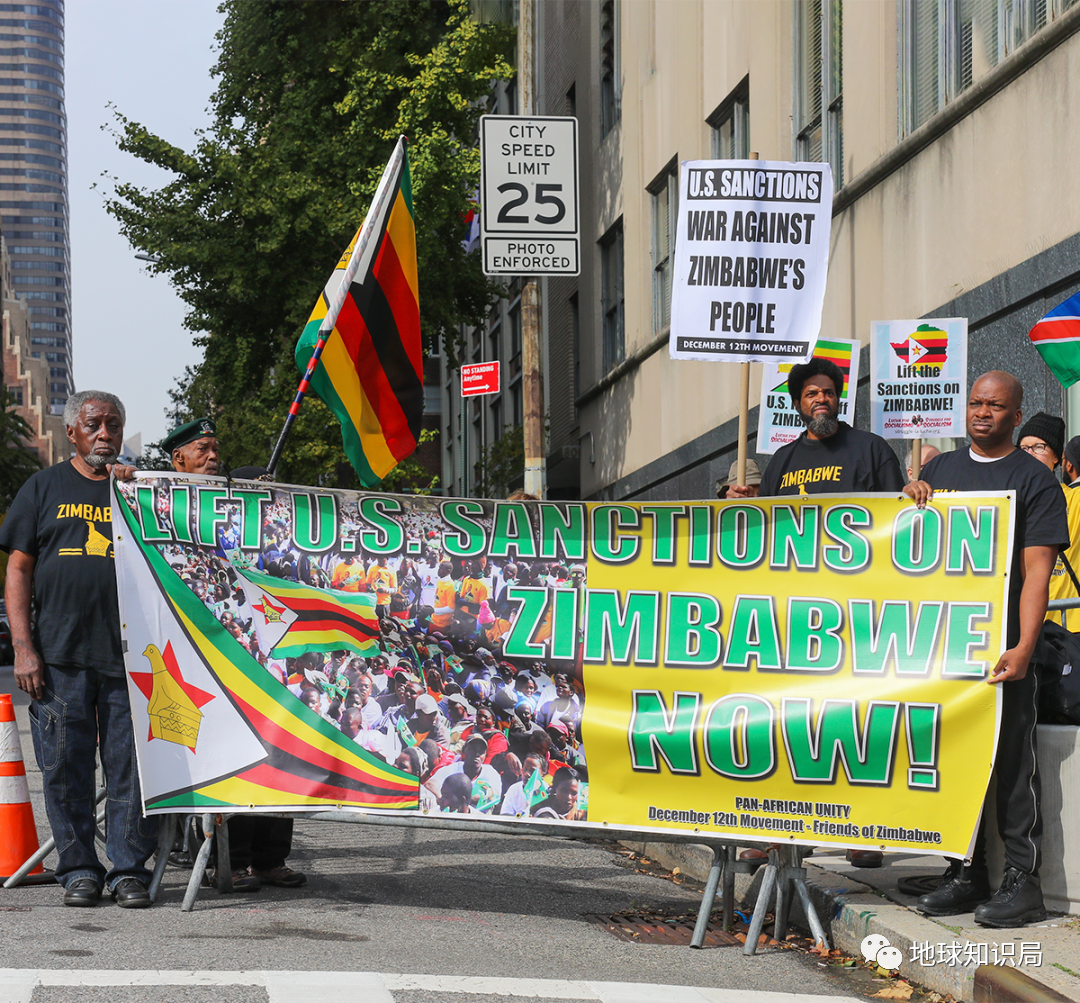
The destruction of economic sanctions and domestic industrial and agricultural production jointly crushed Zimbabwe's economy, causing Zimbabwe's economy to collapse.
In order to cope with the economic collapse, the Zimbabwe government adopted the method of abuse currency to try to save the economy, which eventually led to extremely serious inflation.
Malignant inflation
Since entering the 21st century, the inflation of Zimbabwe has made a high progress all the way. By 2007, Zimbabwe issued a currency with a face value of 1 million, but still failed to stop the inflation.
In 2003, Zimbabwe's inflation began to rise viciously; by June 2008, Zimbabwe's inflation rate jumped to 191.6%. The people's savings were exhausted due to malignant inflation, which hit their confidence in Zimbabwe currency.
People often bring a lot of Jinyuan shopping, but they can only buy a little thing
I have been accustomed to going to the bank door in the middle of the night, can I get all my luck?
(Figure: shutterstock) ▼
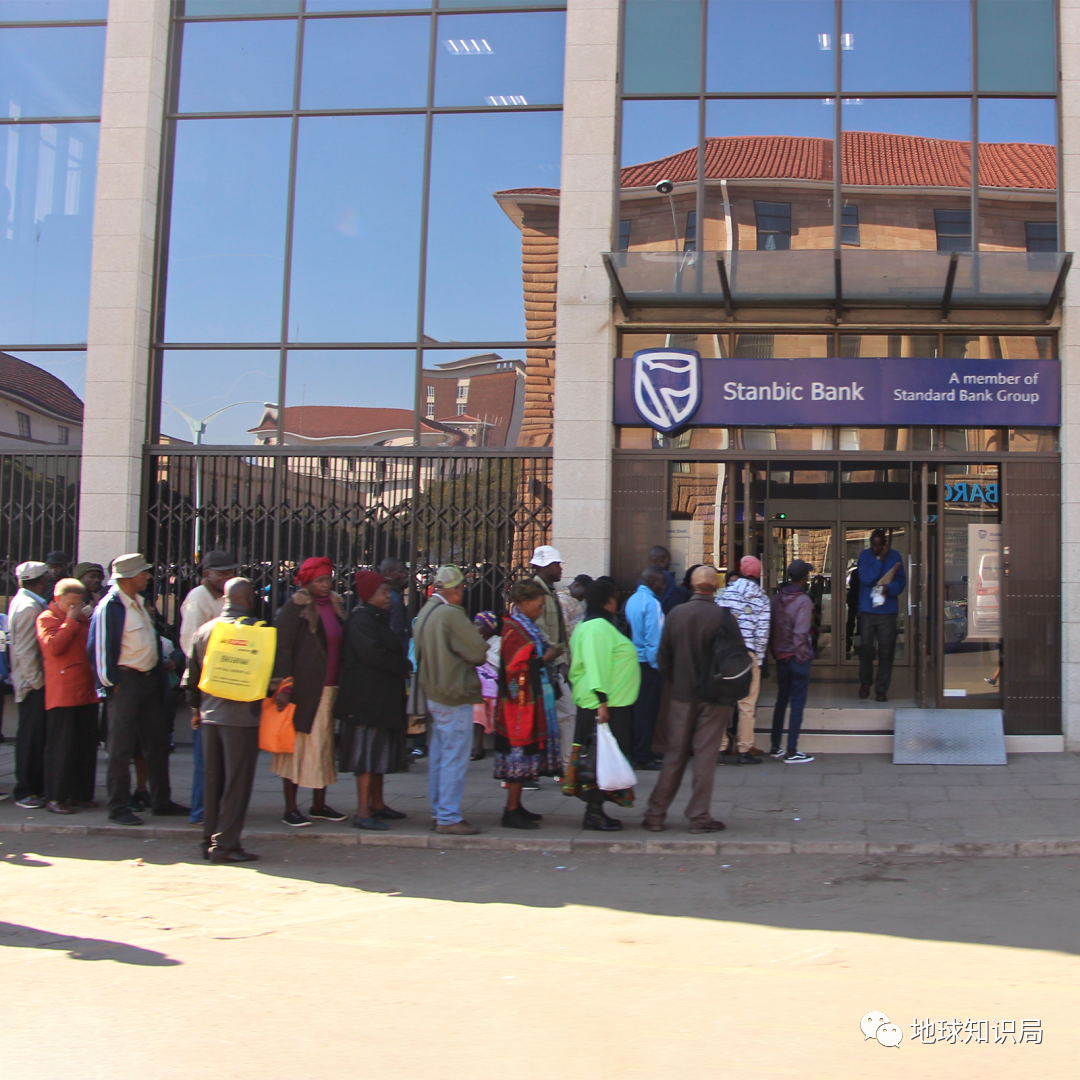
In 2009, Zimbabwe announced the "suspension" of local currency circulation, with the US dollar currency; in 2014, currencies such as South Africa, Botswanapra, British pounds, euro and RMB were also accepted as circulating currencies. Currency is circulating at the same time.
Commodities often have several currencies to mark the price
Due to the lack of currency, it is best to make an integer to buy things
Otherwise, you can only find zero with candy (Figure: One Photo Network) ▼
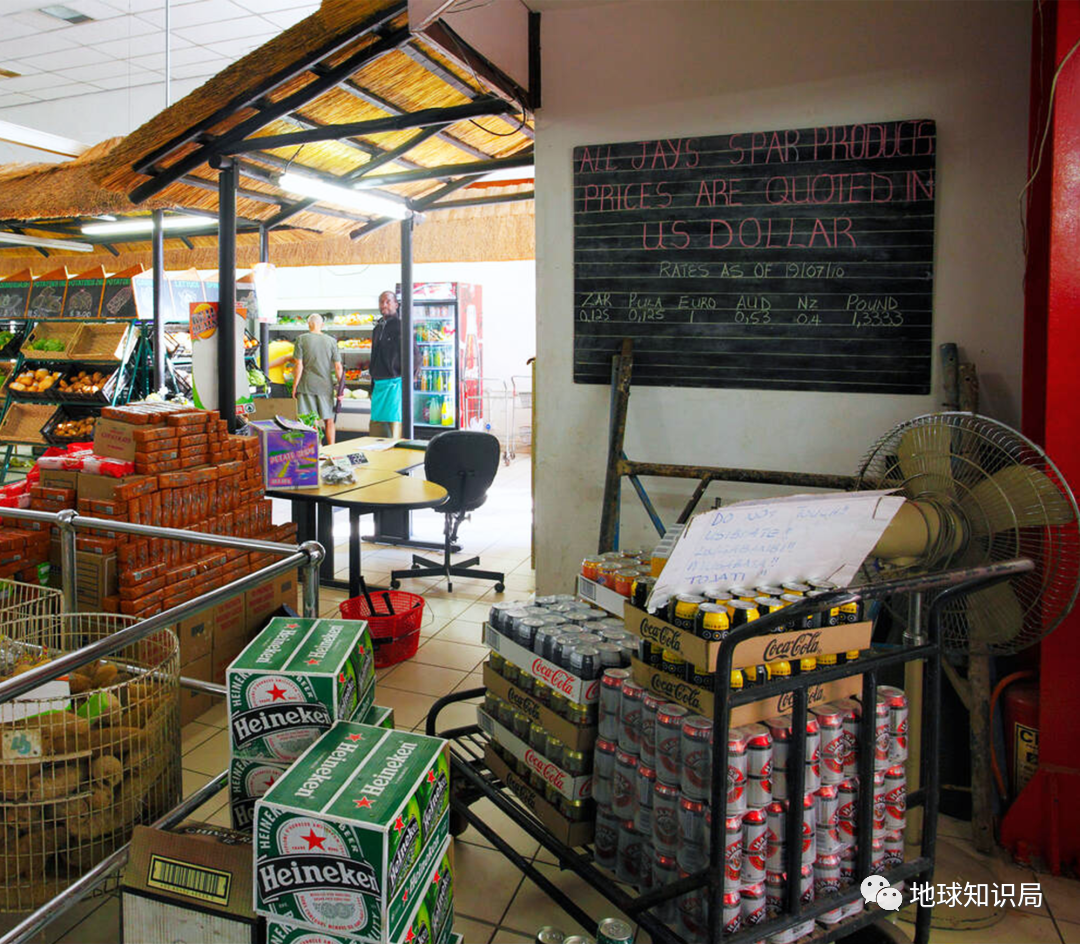
The small blackboard of the supermarket is written on the exchange rate of 6 currencies to the US dollar ▼
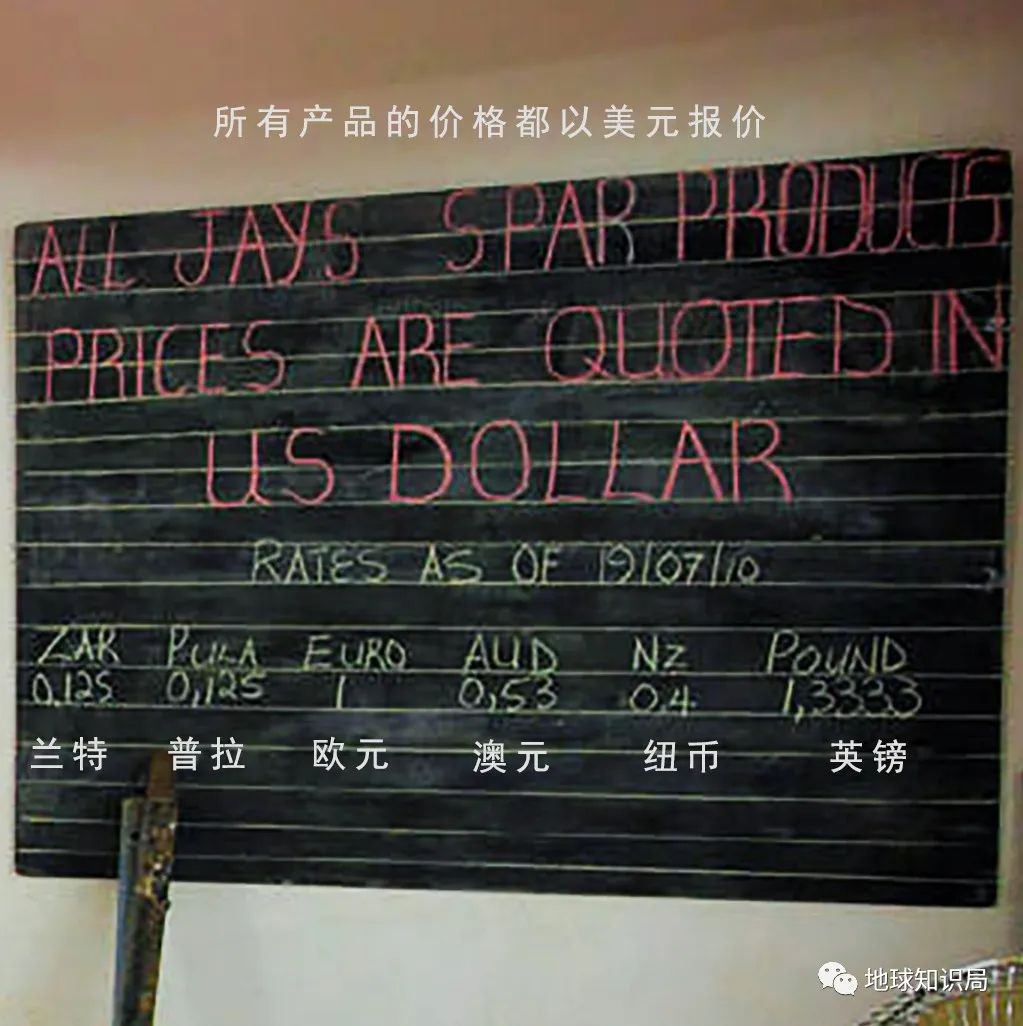
Abandoning the local currency and using foreign currency as circulating currency can indeed inhibit inflation. Coupled with China's emerging market countries such as China's emerging markets, investment in Zimbabwe has increased its investment in Zimbabwe. After 2009, the inflation rate in Zimbabwe has declined significantly and has a strong economic growth.
This folding line has written the bitterness of Zimbabwe over the years
The use of foreign currency to suppress inflation is indeed significant effect ▼

However, the abandonment of the local currency and the sovereignty of currency let people make the central bank lose the use of monetary policies to regulate the country's economy. In the long run, the disadvantages are greater than profit. Under the modern currency system, the government has not only grasped the dominance of the economy by issuing currency -can regulate the currency issuance to regulate the economy. The more fierce.
Let's stabilize the inflation first, otherwise the people of Zimbabwe will really be so poor that they will only have money.
(Figure: Flickr) ▼
The US dollar has charged a coinage tax to the world with its own international currency status. Zimbabwe gave up its domestic currency and gave up the coinage tax.
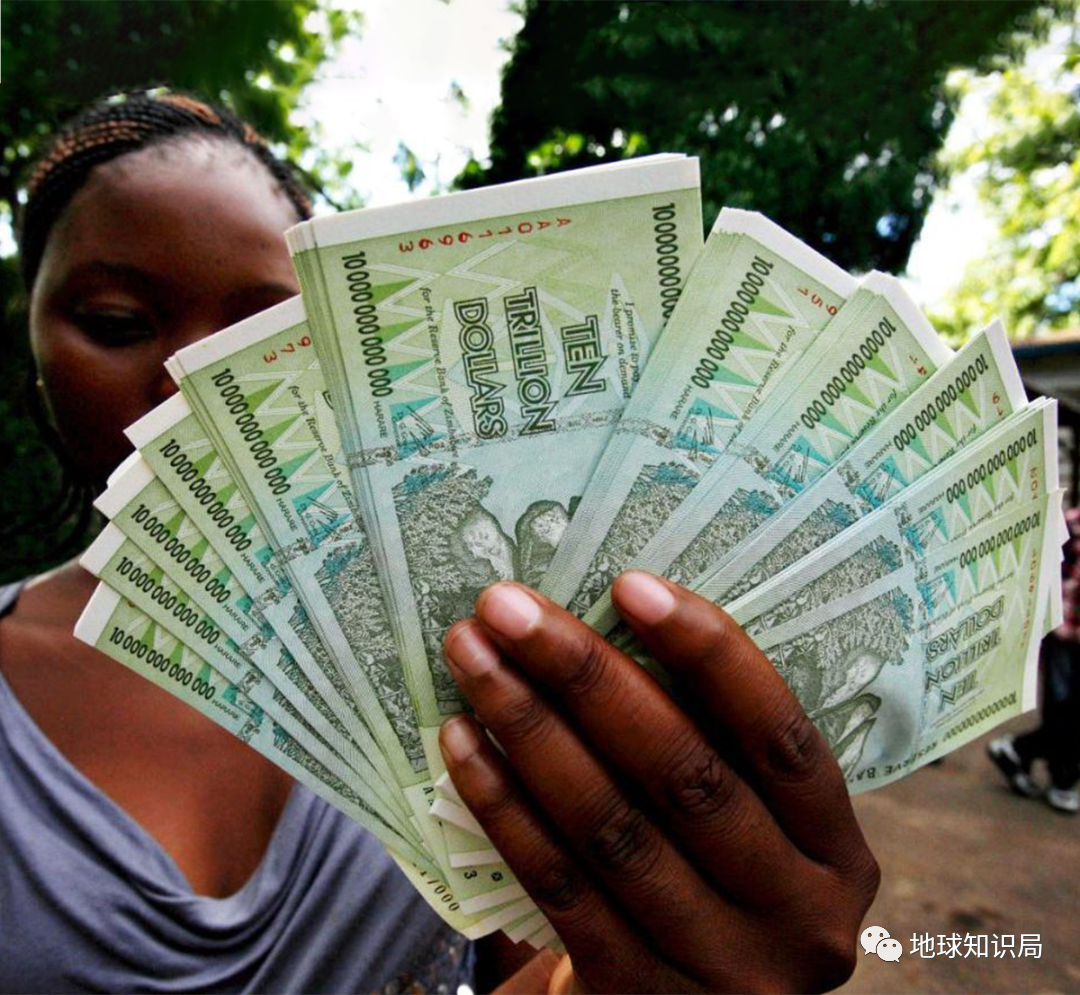
After 2018, as the Fed continued to "shrink" and withdraws from the currency stimulus policy, the global US dollar gradually returned, and Zimbabwe, which is economically at the edge position, began to appear "currency shortage".
Zimbabwe began to try to restore the circulation of local currency
In June 2019, the "Zimbabwe Reserve Bank" announced that it would introduce a new currency called "Real Time GROSS SETTLEMENT DOLLAR" and positioned the legal currency. However, after the issuance of new currencies, the depreciation of inflation has depreciated sharply due to inflation.
After March 2020, the Zimbabwe government once again allowed foreign currencies such as US dollars to circulate in their own country.
Zimbabwe's currency is exhibited by the museum as a worthless currency
(Figure: Flickr) ▼
In the past two years, the global development situation has deteriorated, especially the pressure brought about by the epidemic and Russia and Ukraine conflicts, which has caused countries around the world to fall into great inflation. Zimbabwe did not give up the attempt to restore the local currency. This time they chose to use gold as a magic weapon for stable currency.

In July 2022, Zimbabwe Reserve Bank announced that the issuance of official gold coins "as a means of value storage" was introduced into the market. These gold coins were named after "MOSI-OA-TUNYA", which means "thunderous smoke" in the local language-refers Victoria Falls on the West River.
Waterfall named after the name of the Queen of the Kingdom
It is an important bearer of the influence of Britain in Africa
(Figure: shutterstock) ▼
Zimbabwe Reserve Bank announced that the price of the gold coin depends on the international market price of gold, plus 5%of the cost of producing coins, and these gold coins can be circulated in domestic and international trade. Zimbabwe is an important gold -producing country in Africa and has a large amount of gold reserves. Exports of precious metals are one of the main sources of foreign exchange income of this southern African country.

I can't depreciate now
("MOSI-OA-TUNYA" Gold Coin Figure: Twitter ▼
Gold coins may help Zimbabwe to suppress terrible inflation, but it is still unknown whether it can truly enhance the confidence of Zimbabwe's economic development.
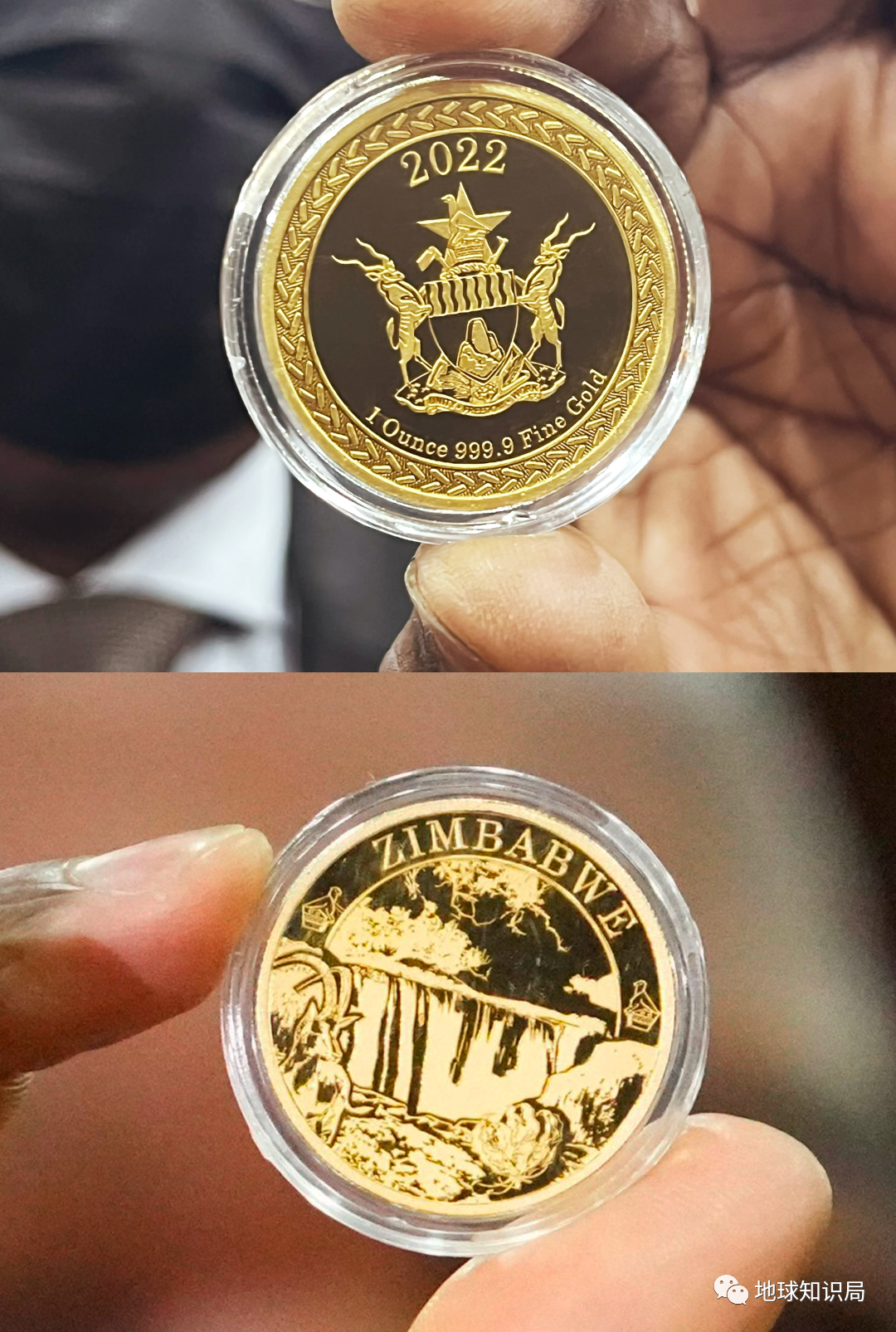
The example of Zimbabwe shows that the economic development of a country is the result of the comprehensive factors such as resource endowment, the level of political governance, and the international environment. Lack of any factors will affect economic development, and the impact of governance ability is often fundamental.
at last:
Reference materials:
1.https: //en.wikipedia.org/wiki/zimbabwe
2.http://news.bbc.co.uk/2/hi/africa/692638.stm
3. Https://www.aljazeeeeom/news/2022/7/26/zimbabwe- launches-gold- coins-To-setm-inflation
4.https://en.wikipedia.org/wiki/real_time_gross_settlement_dollar
5.http://cs.mfa.gov.cn/zggmcg/ljmdd/fz_648564/jbbw_649869//
*The content of this article is provided for the author, which does not represent the position of the Earth Investment Bureau
Cover: shutterstock
End
- END -
He finally resigned

Author: Geng ZhiOn May 24 this year, in the case of shooting in the United States ...
US media: White House officials privately doubt whether Ukraine can recapture the control of the Russian army

According to a report by the United States CNN (CNN) on the 28th, US officials sai...